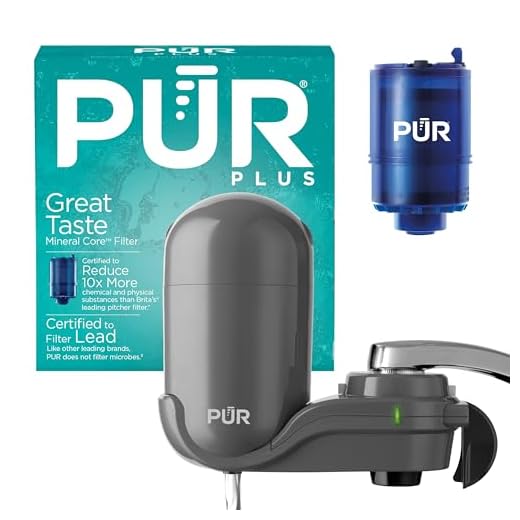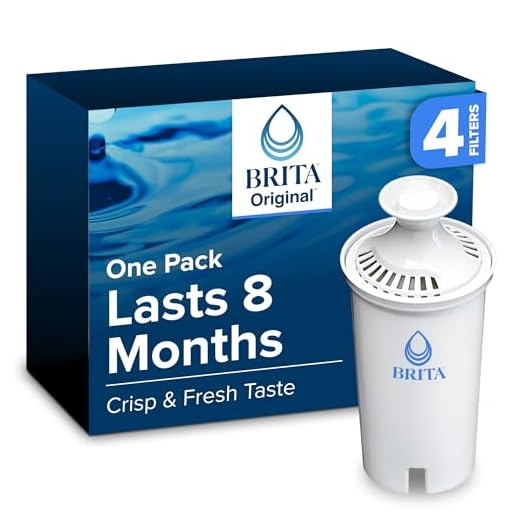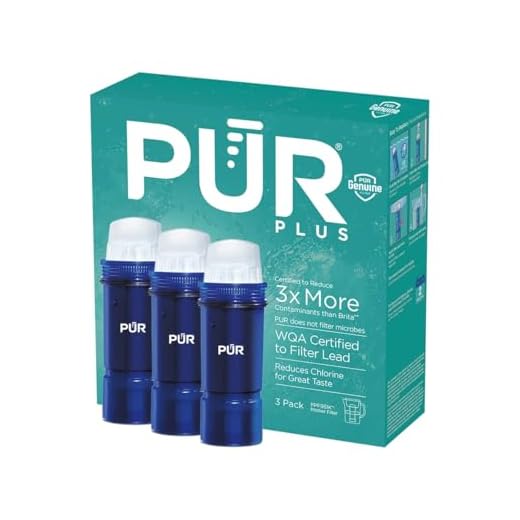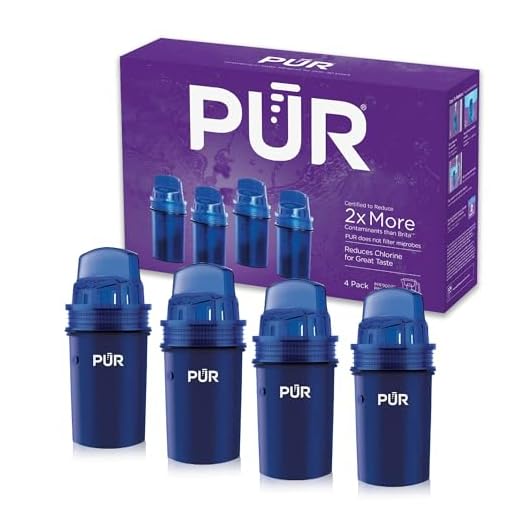




Critical Reviews of Pur Filters
Customers often express frustration with Pur filters due to inconsistent water flow. Many users report that the filtration process can be slower than expected. Additionally, some have noted that once a filter is nearing the end of its life, the flow rate decreases significantly, leading to inconvenience during use. Other common issues include the filters failing to remove certain contaminants as effectively as advertised, which raises concerns about overall performance.
Durability is another significant concern among Pur filter users. Some reviewers mention that the filters often develop leaks or become clogged more rapidly than they anticipated. This can lead to additional costs when consumers need to replace filters more frequently. While the initial purchase might seem appealing, users highlight that the long-term reliability of Pur filters is frequently in question.
Common Complaints
Many users have voiced concerns regarding the filtration effectiveness of Pur filters. Some consumers report that the taste of their water remains unchanged even after using the filter, leading to skepticism about its ability to remove contaminants. Others have mentioned issues with the longevity of the filters, claiming they need to be replaced more frequently than advertised, which adds to the overall cost and frustration.
Another frequent complaint centers around the design and usability of Pur filters. Instances of leaks have been reported, with some users expressing difficulty in securely attaching the filter to their faucets. Additionally, the installation process can be troublesome for those who lack experience with household plumbing, resulting in dissatisfaction with the product from the outset.
Comparing Brita and Pur Filters
Brita and Pur are two leading brands in the water filtration market, each offering unique features to attract consumers. Brita’s filters tend to focus on improving taste and reducing chlorine, while Pur emphasizes a more extensive filtration process. Users often highlight the convenience of Brita’s pitcher designs, which are easy to use and refill. In contrast, Pur’s filtration systems are noted for their ability to reduce heavy metals, making them a preferred choice for those concerned about contaminants.
When looking at performance, both brands have their strengths. Brita filters typically excel in taste enhancement, making water more palatable for everyday consumption. On the other hand, Pur filters stand out in their removal of lead and other harmful substances, which appeals to health-conscious consumers. Price points also vary, with Brita generally offering more budget-friendly options while Pur’s specialized filters command a premium. Consumers often weigh the balance of filtration effectiveness against cost, making their choice based on personal needs and preferences.
Performance and Effectiveness
Both Brita and Pur filters have gained popularity for their ability to improve the taste and quality of tap water. Users generally report noticeable changes in flavor, with many stating that the filters effectively remove chlorine and other contaminants. While some customers highlight the superior performance of Pur filters in reducing lead levels, others find Brita’s filtration satisfactory for everyday use.
Effectiveness may vary based on the specific model and the local water conditions. Brita’s filters often focus on general purification, while Pur’s advanced options include additional technologies for specific contaminants. Consumer feedback indicates that both brands serve their purpose well, yet those with particular water quality concerns may lean towards one brand over the other, depending on their unique needs and preferences.
Price Range of Brita and Pur Filters
When it comes to pricing, consumers often find Brita and Pur filters positioned within a similar range. Brita’s products tend to start at a lower price point, making them accessible for those on a budget. Pur filters, while slightly higher in cost, emphasize advanced filtration technologies that may justify the expense for many buyers. Both brands offer a variety of filter options, including pitcher filters and faucet systems, which can influence the overall price depending on the consumer’s needs.
Promotions and discounts also play a significant role in the pricing dynamics of these filter brands. Retailers frequently run sales, and consumers can often find bundles that reduce the total cost per filter. Evaluating the overall cost and factor in how long each filter lasts should help consumers determine which option provides better value. Additionally, some users might prefer the upfront investment in Pur filters for what they perceive as superior performance, while others may lean towards the economy of Brita for everyday use.
Value for Money
When assessing the affordability of both Brita and Pur filters, consumers often find that the initial purchase price can be misleading. Although Brita products may have a slightly higher upfront cost compared to some Pur options, many users argue that Brita’s filter longevity and performance justify the price difference. Over time, the frequency and cost of replacing filters can significantly impact overall expenses.
Pur filters, while more budget-friendly initially, may require more frequent replacements due to their varying filtration capacities. This can lessen their perceived value for money if buyers do not account for long-term use. Ultimately, the best choice often depends on individual needs, water quality, and personal preferences regarding taste and convenience.
FAQS
What are the common complaints about Pur filters?
Consumers often report issues with the taste of water, the lifespan of the filters, and leakage problems with Pur filters.
How do Brita and Pur filters compare in terms of performance?
Both brands effectively reduce contaminants, but Brita is often noted for better taste, while Pur may excel in removing specific impurities, such as lead.
What is the price range for Brita and Pur filters?
Brita filters typically range from $10 to $50, while Pur filters can range from $20 to $60, depending on the model and features.
Is one brand better in terms of value for money?
Many consumers feel Brita offers better value for money due to its affordability and overall effectiveness, although Pur may provide higher performance for specific needs.
Where can I find consumer reviews for Brita and Pur filters?
Consumer reviews can be found on various retail websites, home improvement stores, and dedicated review platforms like Consumer Reports.
Related Links
Comparative Analysis of Brita vs Pur: Features and Pricing
Review of Brita vs Pur: Which Water Filter Wins?
5 Key Differences Between Brita and Pur Water Filters
Why Pur Might Be the Right Choice for Your Water Needs

